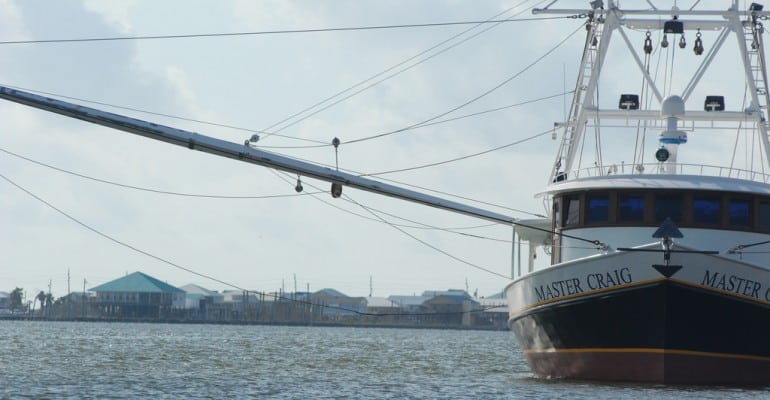NOAA Fisheries is working to improve the quality of information available for the Gulf of Mexico shrimp fishery. This bulletin provides federal shrimp permit holders with an overview of the new changes occurring with the Cellular Electronic Logbook Program.
Having appropriate and current data enables the Gulf of Mexico Fishery Management Council and NOAA Fisheries to carry out responsive and timely fisheries management. Since the implementation of the shrimp permit moratorium in 2007, NOAA Fisheries Southeast Fisheries Science Center continues the required data collections through fishing regulations.
What is New to the Gulf of Mexico Shrimp Permit (SPGM) Cellular Electronic Logbook (cELB) Program:
- In November 2020, NOAA Fisheries sent a letter to Cellular Electronic Logbook Program participants that 3G cellular technology would no longer be available as of December 31, 2020. This notification also asked participants to continue to power up the devices onboard the vessel when fishing. The transmission of those data would no longer be sent via cellular technology; however, the devices would continue to collect data until NOAA Fisheries was able to retrieve the data manually. Note that participants are still required to power up the devices while fishing.
- Within the next few weeks, NOAA Fisheries will be providing SD card replacements to each Program participant currently assigned a device onboard the vessel associated with the selected Gulf of Mexico Shrimp Permit.
- Selected participants will receive a letter with the enclosed step-by-step instructional guide, a new SD card to be swapped on the Cellular Electronic Logbook device, and a pre-paid envelope to return the previously used SD card back to the NOAA Fisheries Southeast Fisheries Science Center for data analysis.
While NOAA Fisheries explores options for the replacement of the current 3G units, we will continue to send, and ask you to install replacement SD cards. The swap of SD cards allows the permit holder the ability to comply with the SPGM reporting requirement associated with this program. The information collected from the SD card returned to NOAA Fisheries will allow us to determine whether your unit is working properly or if you may need a new antenna or unit.
Thank you for your past and future cooperation with these data collection efforts. The information is critical for more responsive and timely management of the fishery. All individual information provided is confidential. These data collections are mandated by the final rule to implement actions in Amendment 13 to the Fishery Management Plan for the Shrimp Fishery of the Gulf of Mexico.




